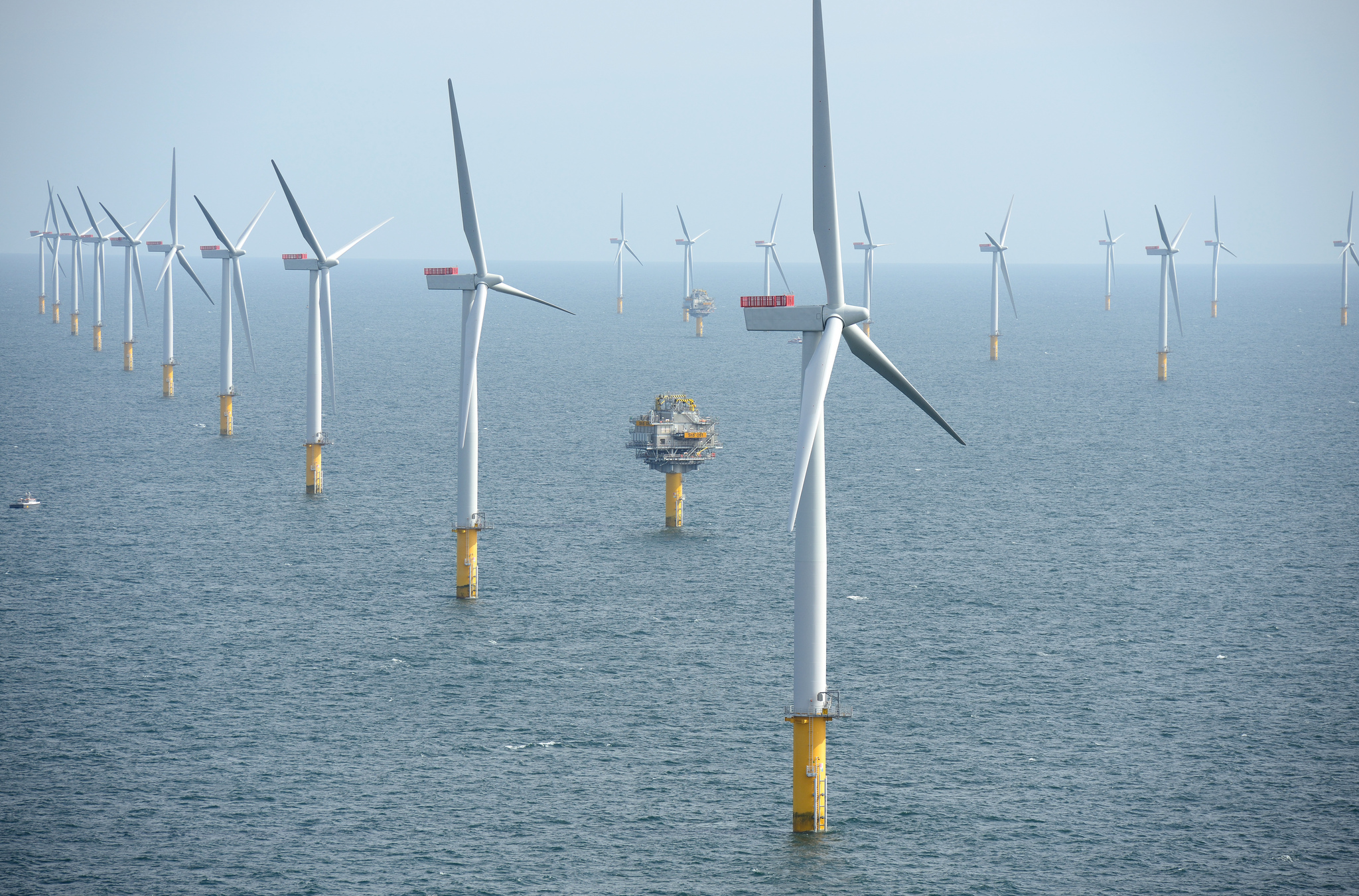
The Massachusetts Committee on Telecommunications, Utilities and Energy released a much-anticipated energy "omnibus" bill on May 23rd. The current language focuses on offshore wind and hydropower, with state senators vocally pushing for more comprehensive legislation that includes energy efficiency and storage. Notably––after months of advocacy––the bill omits language on gas pipelines contained in earlier drafts. Read the summary or full bill text here.
As written, the bill requires the state to procure 1200 megawatts of offshore wind energy by 2027. To our knowledge, this is the largest offshore wind bill filed in the country to date, and shows a remarkable degree of political support for the resource. With that said, wind developers and others have argued that a procurement of 2,000 megawatts is necessary to capture the full economic benefits of the state’s offshore wind industry, and a study by the University of Delaware suggests such a procurement would halve the cost of offshore wind over the next decade. The legislation also would solicit a comparable amount of hydropower (effectively one transmission line, which may also bring down land-based wind, though as drafted the language strongly favors hydropower).
In the days and weeks to come, Clean Water Action will be calling on the legislature to meet this commitment of 2000 megawatts for offshore wind and to double advances in the renewable portfolio standard to accommodate the simultaneous growth of land-based wind and other renewable resources. Mass Power Forward also is pushing for legislation to firmly prohibit the proposed "pipeline tax," which would force electric ratepayers to subsidize gas pipelines.
Also of great note this week is the firm withdrawal of the previously "suspended" Kinder Morgan Northeast Energy Direct project. Senate President Stan Rosenberg made the following comment on the matter.

The defeat of the Northeast Energy Direct project is an incredible victory. The pipeline fight along the routes of Spectra's several pipeline projects in the region, with the Connecticut Expansion in Sandisfield and through the ongoing debate over the pipeline tax. The legislature can act to definitively block ratepayer financing of gas pipelines and Clean Water Action will continue to fight for them to do so. (Read more about the pipeline tax in a recent blog from our pals at Mass Energy Consumers Alliance.)


